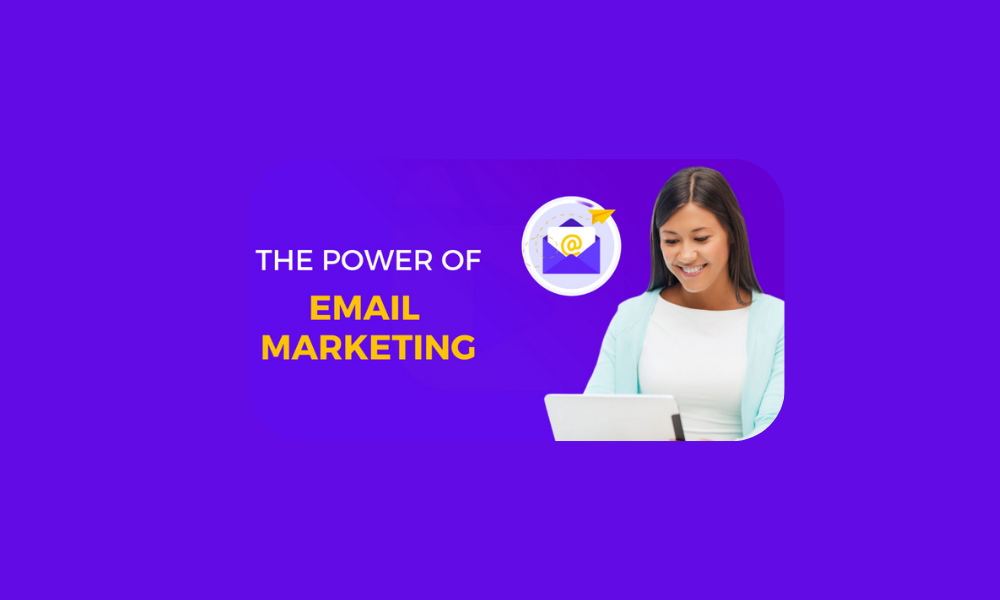In the digital age, email marketing stands as one of the most effective tools for businesses to connect with their audience. Not only is it cost-effective, but it also provides a direct line to your customers’ inboxes. So, how can you harness the power of email marketing to ensure success? Let’s dive into the best practices.
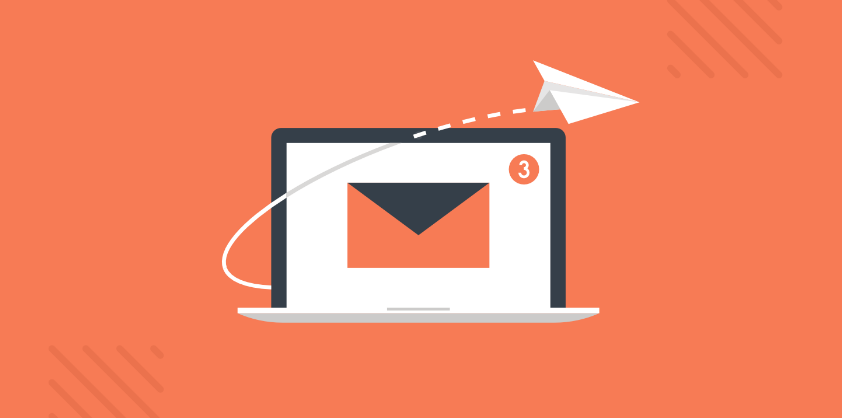
Understanding Email Marketing
Email marketing involves sending promotional messages to a group of people via email. Its primary purpose is to build relationships, foster loyalty, and ultimately drive sales. From higher conversion rates to the ability to track and measure success, the benefits of email marketing are vast. Additionally, it allows for personalized communication, making your messages more relevant to your audience.
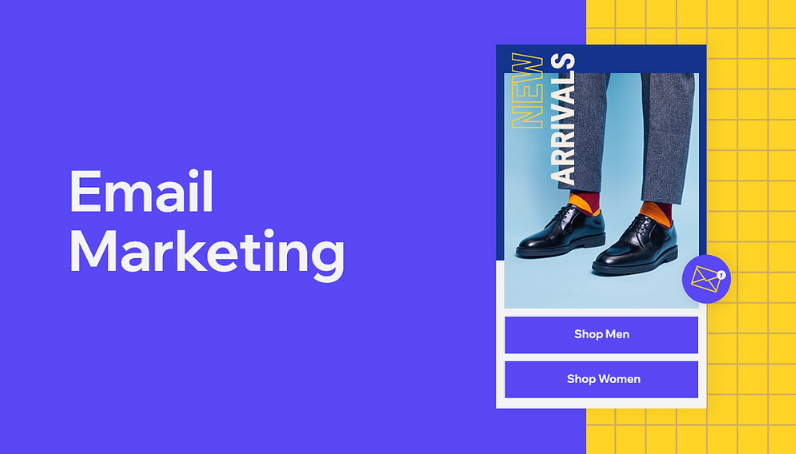
Building an Email List
Growing your email list is crucial for your marketing efforts. Utilize strategies such as offering valuable content in exchange for email addresses, hosting webinars, and running social media contests. Never underestimate the power of permission-based marketing.
Ensure that your subscribers have explicitly opted in to receive your emails to avoid being marked as spam and to build trust with your audience.
Segmenting Your Audience
Segmentation allows you to tailor your messages to specific groups within your audience, leading to higher engagement rates. It’s all about sending the right message to the right person at the right time.
Segment your audience based on factors such as demographics, purchase history, and engagement levels. This enables you to create highly targeted campaigns that resonate with each segment.
| Aspect | Description | Benefits |
| Demographics | Segmenting by demographics involves categorizing your audience based on age, gender, income, education, occupation, etc. | Enables personalized messaging that resonates with specific demographic groups, increasing relevance and engagement. |
| Purchase History | Analyzing past purchases to segment customers who have similar buying behaviors and preferences. | Helps in creating targeted offers and promotions that align with customers’ interests, leading to higher conversion rates. |
| Engagement Levels | Categorizing audience based on their interaction with your brand (e.g., website visits, email opens, social media activity). | Allows for sending appropriate messages based on their engagement level, such as re-engagement campaigns for inactive users. |
| Geographic Location | Segmenting by location involves grouping your audience based on their geographic area (e.g., country, city, region). | Enables location-specific marketing strategies, such as local events, region-specific offers, and time zone optimization. |
| Psychographics | Understanding and segmenting based on lifestyle, values, interests, and attitudes. | Creates deeper connections by addressing the psychological and emotional factors that drive consumer behavior. |
Crafting Engaging Content
Your subject line is the first thing recipients see, so make it count. Keep it short, intriguing, and relevant to increase open rates. Personalization goes beyond just using a subscriber’s name. Use data to send tailored content that aligns with their interests and behaviors.
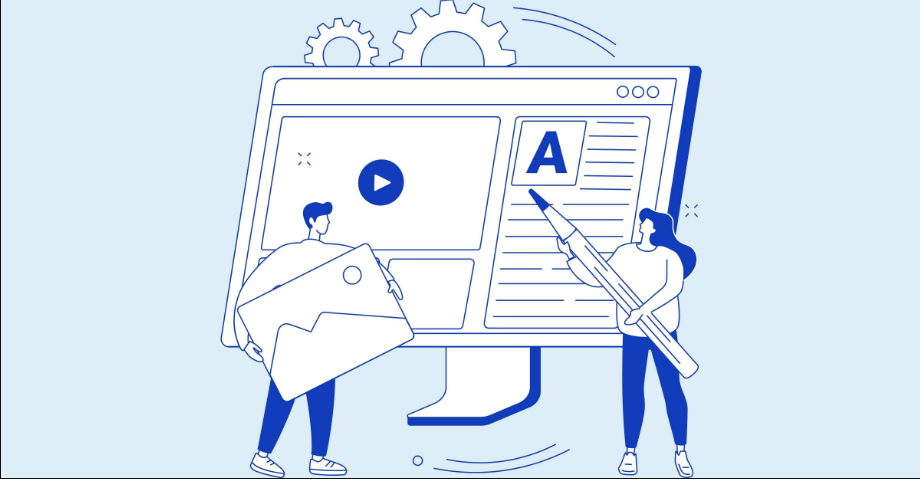
· Captivating Subject Line: Your subject line is the first impression; make it compelling and concise to grab attention and boost open rates.
· Keep It Short and Intriguing: Short, intriguing subject lines are more likely to catch the reader’s eye and spark curiosity.
· Relevance Matters: Ensure the subject line is relevant to the content of your email to meet the recipients’ expectations and increase engagement.
· Beyond Personalization: Personalization involves more than just using the subscriber’s name; leverage data to customize content based on their interests and behaviors.
Balancing Promotional and Informative Content
Strike a balance between promotional and informative content to keep your audience engaged without feeling overwhelmed by constant sales pitches. With a significant number of users accessing emails on mobile devices, ensuring your emails are mobile-friendly is crucial. Use responsive design to provide a seamless experience across all devices.
Best Practices for Email Layout
Keep your layout clean and simple. Use a clear hierarchy, ample white space, and compelling visuals to enhance readability and engagement.
Automation in Email Marketing
Automation saves time and ensures consistency. It allows you to send targeted messages based on specific triggers, such as welcome emails for new subscribers or abandoned cart emails for online shoppers. Harnessing the power of email marketing through popular automation tools like Mailchimp, HubSpot, and ActiveCampaign can streamline your efforts and enhance your campaigns with various features.
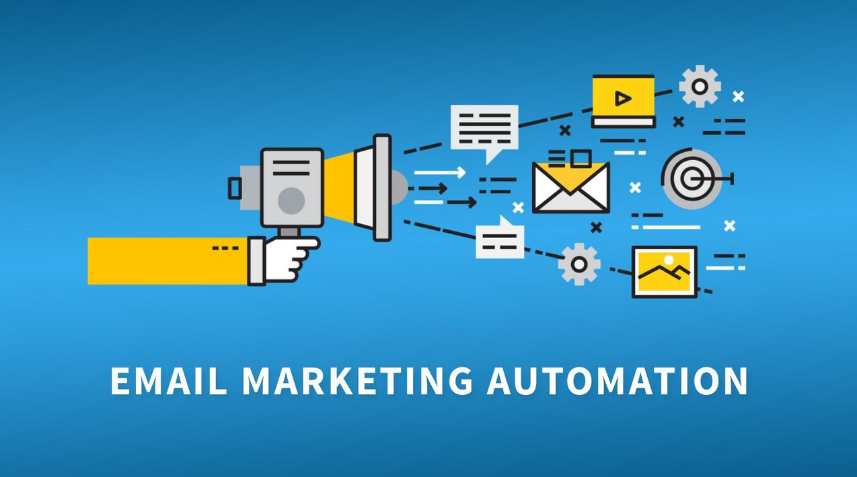
Legal Considerations
The CAN-SPAM Act sets rules for commercial emails, requiring clear identification, accurate subject lines, and an option to opt-out. Compliance is crucial to avoid hefty fines. For those marketing to EU residents, GDPR compliance is essential. Obtain explicit consent, provide easy opt-out options, and ensure data protection to stay compliant.
Conclusion
Email marketing still has power to enhance business growth when executed correctly. By following these best practices, you can boost your email marketing efforts and achieve better results. Remember to continually test, analyze, and optimize your campaigns for ongoing success.
Read more : Content is King: Creating Compelling Content that Converts
FAQs
The best time often varies, but mid-week and mid-morning are generally optimal. Testing different times can help identify what works best for your audience.
Finding the right frequency is key. It’s a balance between staying top of mind and not overwhelming your subscribers. Regular testing can help determine the ideal frequency.
Offer valuable content in exchange for email addresses, run social media contests, and host webinars to attract new subscribers.
Avoid spammy language, use a recognizable sender name, and maintain a clean email list by removing inactive subscribers regularly.

Alex Mitch
Welcome to my blog! With over 10 years in digital marketing , I’ve seen its incredible impact on smaller businesses. Join me as we explore how digital marketing can grow your audience and boost your business. Whether you’re an experienced entrepreneur or just starting out, you’ll find practical tips and insights to enhance your digital marketing strategies.


